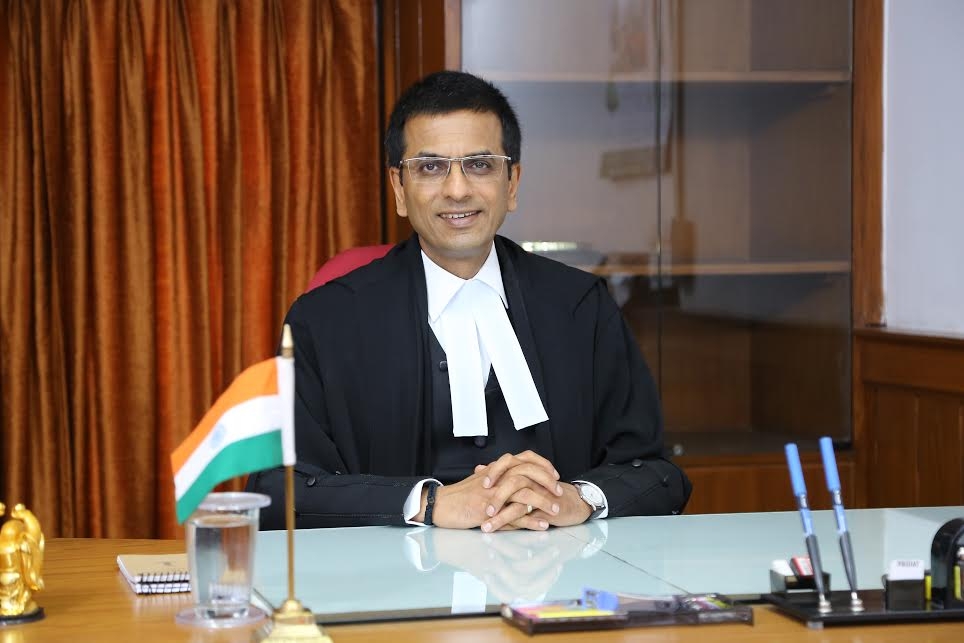New Delhi, Aug 29 (IANS) Supreme Court judge justice D.Y. Chandrachud on Saturday said courts can play the role of “Truth Commissions”, as they have the ability to document information from all the parties involved, after due process. He emphasized on significance of truth in a democracy, in the backdrop of manifold increase in falsehood and fake news circulation through various social media platforms.
Justice Chandrachud was delivering a talk on the topic “Speaking Truth to Power: Citizens and the Law” as part of the 6th MC Chagla memorial online lecture. He said truth also plays an important role in creating a shared “public memory” upon which the foundations of a nation can be built in the future.
“It is because of this reason that many countries opt to establish Truth Commissions immediately upon gaining independence from a totalitarian regime or after coming out of a period fraught with human rights violations”, he said.
He added, these Commissions function to document, record and acknowledge the “truth” of earlier regimes and violations for future generations, so as to not only provide catharsis to the survivors but also prevent any possibility of denial in the future.
“In a different context, this role can also be played by courts which have the ability to document information from all the parties involved, after due process has been followed. In the suo motu cognizance of the Covid-19 pandemic taken by our Supreme Court, we have acknowledged this very role in the context of the pandemic”, said justice Chandrachud.
He added, however, the relationship that truth shares with democracy is that of both a sword and a shield. He stressed that the scope for extensive deliberation, particularly in the age of social media, exposes multiple “truths” so much so that it seems like we live in an “age of lies”, and that shakes the very foundation of a democracy. “The citizens should arrive at a consensus on at least the basic facts that are backed by both science and society to form collective decisions”, he added.
Justice Chandrachud cited attitude of democracies on legalising gay sex and abortion. He said while India is currently transitioning towards normalising same-sex relationships, more than ten countries around the world still prescribe the capital punishment for homosexuality. “In considering another example, we can note that forty years after India legalised abortion in the year 1971, most of the Latin American Countries are yet to legalise it. Hence, while for one part of the world, the ‘truth’ would be that a foetus is regarded to possess a right to life, yet for another, this would be a ‘false’ assertion”, he added.

